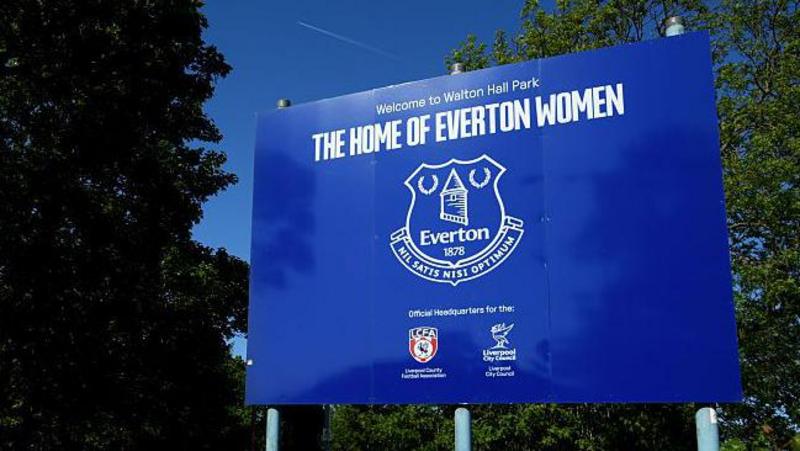Everton Transfers Women's Team Ownership to Parent Company




In a significant development in English football, Everton has announced the sale of its women’s team to its parent company, the same entity that owns the men’s team. This strategic move is seen as a method to better align with the stringent Profitability and Sustainability Rules (PSR) of the Premier League, which are designed to ensure football clubs remain financially healthy and sustainable over the long term.
The decision by Everton reflects a broader trend in sports where clubs are looking to streamline their operations and financial structures to comply with regulatory standards. The PSR, familiar to many as financial fair play regulations, restricts the amount clubs can lose over a three-year period. This is crucial not only to prevent financial risks but also to promote a level playing field across the league.
Everton’s strategy to sell their women's team, Everton Women, to the club’s parent company might at first seem like a mere administrative shift. However, this restructuring is expected to bring substantial benefits. By consolidating ownership, the club can achieve a more integrated approach to management and marketing, potentially increasing the resources available to Everton Women. It also allows for a unified strategy for both the men's and women's teams, which can enhance collaboration and boost the performance and popularity of both squads.
It is essential to note the significance of this move for Everton Women. In recent years, the profile and support for women's football have seen unprecedented growth. The Women's Super League, of which Everton Women are part, has enjoyed increased media coverage and sponsorship deals, reflecting a rising interest in the women's game. Everton’s decision could therefore also be seen as an alignment of their business model to capitalize on this burgeoning interest.
Financial health is of paramount importance in the unpredictable world of football. Clubs often face variable incomes based on league positions, player sales, and performance in domestic and European competitions. By ensuring compliance with the PSR through restructuring, Everton is not just adhering to the rules but is also safeguarding its future, stabilizing its financial standing in a landscape that has seen many clubs struggle.
This move could set a precedent for other clubs, especially those with separate ownership structures for men’s and women’s teams. The integration could lead to improved financial efficiency and focus, allowing clubs to potentially invest more in talent development, facilities, and fan engagement activities.
Moreover, for fans of Everton and women’s football alike, this could mean witnessing a more robust team on the pitch. Increased financial and structural support can enable better training facilities, higher-quality recruitment, and ultimately, a stronger league. For a team like Everton Women, which has been working hard to carve out a significant presence in a competitive league, this could be the boost they need to climb higher in league standings and vie for top honors.
The broader implications of such moves also hint at a future where the integration of men’s and women’s teams under single ownership entities could become the norm, leading to more sustainable operations in football clubs. This can contribute to the sport's overall growth, ensuring that clubs can operate within financial limits while still promoting competitive and exciting football.
Everton's decision marks an important chapter not only in the club's history but also in the ongoing narrative of how football teams across the globe strive to balance competitive success with financial prudence. As this trend continues, it will be interesting to see how other clubs adapt and whether this model influences broader structural changes in sports management worldwide. Undoubtedly, the integration of Everton Women under the club's parent company banner is a step toward a more unified and sustainable future in football.